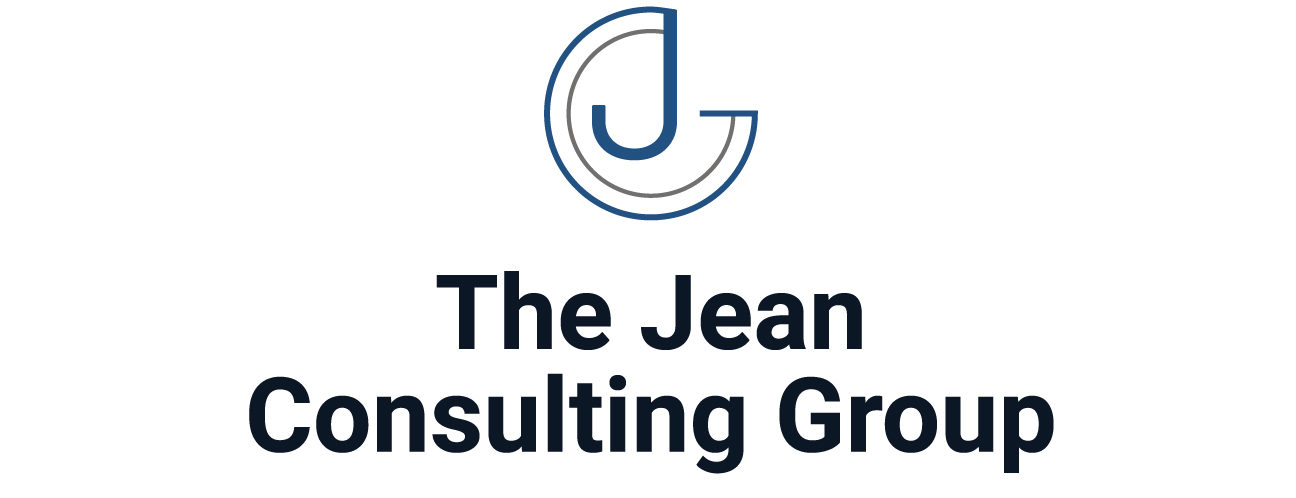In today’s complex business environment, maintaining a culture of integrity and adherence to legal standards is paramount. Organizations face the dual challenge of ensuring that their workforce not only understands but also applies ethical principles and legal requirements in their daily operations. Integrating group and individual coaching into training programs on workplace ethics and legal compliance offers a dynamic approach to embedding these critical values into the corporate culture. This article explores how leveraging both coaching methodologies can enhance understanding, application, and commitment to workplace ethics and legal compliance among employees at all levels.
Group Coaching: Cultivating a Collective Ethical Culture
Group coaching sessions serve as an effective platform for fostering a shared understanding and commitment to ethical practices and compliance standards within the organization. These sessions can facilitate open discussions on ethical dilemmas, legal scenarios, and best practices, promoting a culture of transparency and mutual accountability.
- Fostering Open Dialogue on Ethics: Group coaching encourages employees to share their experiences and perspectives on ethical dilemmas they have faced, facilitating a richer understanding of the ethical values that guide the organization.
- Clarifying Legal and Compliance Standards: Through interactive discussions, group coaching can demystify complex legal regulations, helping employees understand how these laws apply to their specific roles and responsibilities.
- Building Consensus on Ethical Standards: Group sessions can help teams develop a shared set of ethical norms and compliance practices, ensuring consistent application across the organization.
Individual Coaching: Personalizing Ethics and Compliance Learning
While group coaching helps in establishing a collective ethical framework, individual coaching tailors the learning experience to each employee’s unique context, challenges, and learning style. This personalized approach ensures that employees not only understand but are also equipped to apply ethical and legal principles in their specific roles.
- Addressing Personal Ethical Challenges: Individual coaching provides a confidential space for employees to discuss personal ethical challenges and receive guidance on navigating these situations in alignment with organizational values and legal requirements.
- Customizing Compliance Training: Legal compliance often varies by role, with different employees facing different regulatory landscapes. Individual coaching allows for targeted training that addresses the specific compliance obligations relevant to an employee’s role.
- Enhancing Decision-Making Skills: Through one-on-one coaching, employees can develop critical thinking and decision-making skills that empower them to make ethical choices and comply with legal standards in complex, ambiguous situations.
Implementing Effective Coaching Programs for Ethics and Compliance
To successfully integrate group and individual coaching into ethics and compliance training, organizations should consider the following strategies:
- Leverage Skilled Coaches with Expertise in Ethics and Compliance: Coaches should have a deep understanding of ethical principles and legal standards, enabling them to provide valuable insights and guidance.
- Ensure Alignment with Organizational Values and Policies: Coaching programs should be closely aligned with the organization’s core values, ethical principles, and compliance policies to reinforce a consistent message.
- Promote an Ongoing Commitment to Learning: Ethics and legal compliance are not one-time learning objectives but ongoing commitments. Organizations should foster a culture of continuous improvement, encouraging regular participation in coaching sessions to keep these principles top of mind.
- Encourage Leadership Participation: Leaders play a critical role in modeling ethical behavior and compliance. Their active participation in coaching programs can set a powerful example for the rest of the organization.
Conclusion
The integration of group and individual coaching into workplace ethics and legal compliance training offers a comprehensive approach to fostering a culture of integrity. By combining the collective benefits of group discussions with the personalized focus of individual coaching, organizations can ensure that their employees are not only aware of ethical and legal standards but are also committed to upholding these principles in their daily work. This dual approach strengthens the organizational foundation of trust, transparency, and legal compliance, positioning the company for sustainable success in an increasingly complex and regulated business environment.




